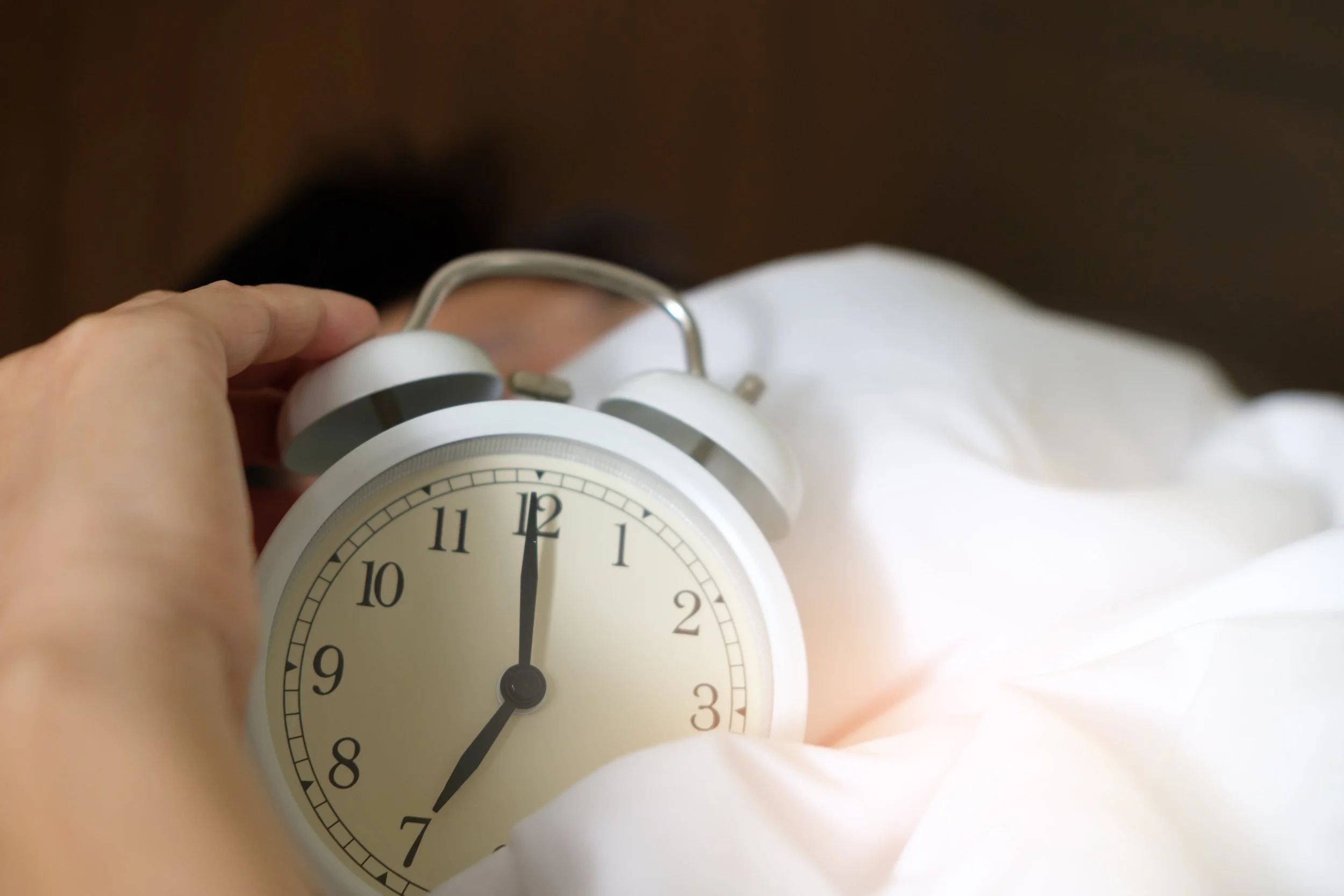The Vital Role of Sleep!
Sleep is often referred to as the "secret weapon" of athletes, yet its importance extends far beyond the realm of sports. Whether you're a professional athlete competing at the highest level or a recreational enthusiast, quality sleep plays a critical role in your overall health, performance, and well-being.
In this blog, we'll delve into the profound impact of sleep on athletes, exploring its effects on the endocrine system, human growth hormone release, circadian rhythms, metabolic health, and the prevention of chronic illnesses. Additionally, we'll provide practical tips to optimize sleep hygiene for athletes of all levels.
The Endocrine System and Human Growth Hormone (HGH) Release:
One of the key ways in which sleep influences athletic performance is through its effects on the endocrine system. During sleep, the body undergoes a complex series of hormonal changes, including the release of human growth hormone (HGH). HGH plays a crucial role in muscle growth, tissue repair, and fat metabolism. Adequate sleep, particularly deep sleep stages, is essential for maximising HGH secretion, facilitating muscle recovery, and supporting overall physical development.
Timing of Sleep and Circadian Rhythms:
The timing of sleep is closely linked to our internal circadian rhythms, which regulate various physiological processes, including hormone secretion, metabolism, and cognitive function. Disruptions to these rhythms, such as irregular sleep patterns or late-nights, can negatively impact athletic performance and recovery. Aligning sleep with natural circadian rhythms promotes better sleep quality, enhances cognitive function, and optimises metabolic health.
Metabolic Health and Prevention of Chronic Illnesses:
Sleep plays a pivotal role in maintaining metabolic health and reducing the risk of chronic illnesses, such as obesity, diabetes, and cardiovascular disease. Sleep deprivation has been associated with alterations in appetite-regulating hormones, increased food cravings, and impaired glucose metabolism, all of which can hinder athletic performance and compromise long-term health. Prioritising sufficient sleep duration (8 hours) and quality is essential for metabolic balance, weight management, and overall well-being.
Tips to Improve Sleep Hygiene for Athletes:
Now that we understand the significance of sleep for athletes, let's explore some practical tips to enhance sleep:
1. Establish a Consistent Sleep Schedule: Aim to go to bed and wake up at the same time every day, even on weekends, to regulate your body's internal clock.
2. Create a Relaxing Bedtime Routine: Engage in calming activities before bed, such as reading, stretching, or meditation, to signal to your body that it's time to wind down.
3. Optimise Your Sleep Environment: Ensure your bedroom is conducive to sleep by minimising noise, light, and electronic distractions. Invest in a comfortable mattress and pillows to promote better sleep posture.
4. Limit Screen Time Before Bed: Avoid electronic devices, such as smartphones and computers, at least an hour before bedtime, as the blue light emitted can disrupt melatonin production and interfere with sleep.
5. Watch Your Diet and Hydration: Avoid heavy meals, caffeine, and alcohol close to bedtime, as they can disrupt sleep quality. Stay hydrated throughout the day, but reduce fluid intake in the evening to minimise nighttime awakenings.



